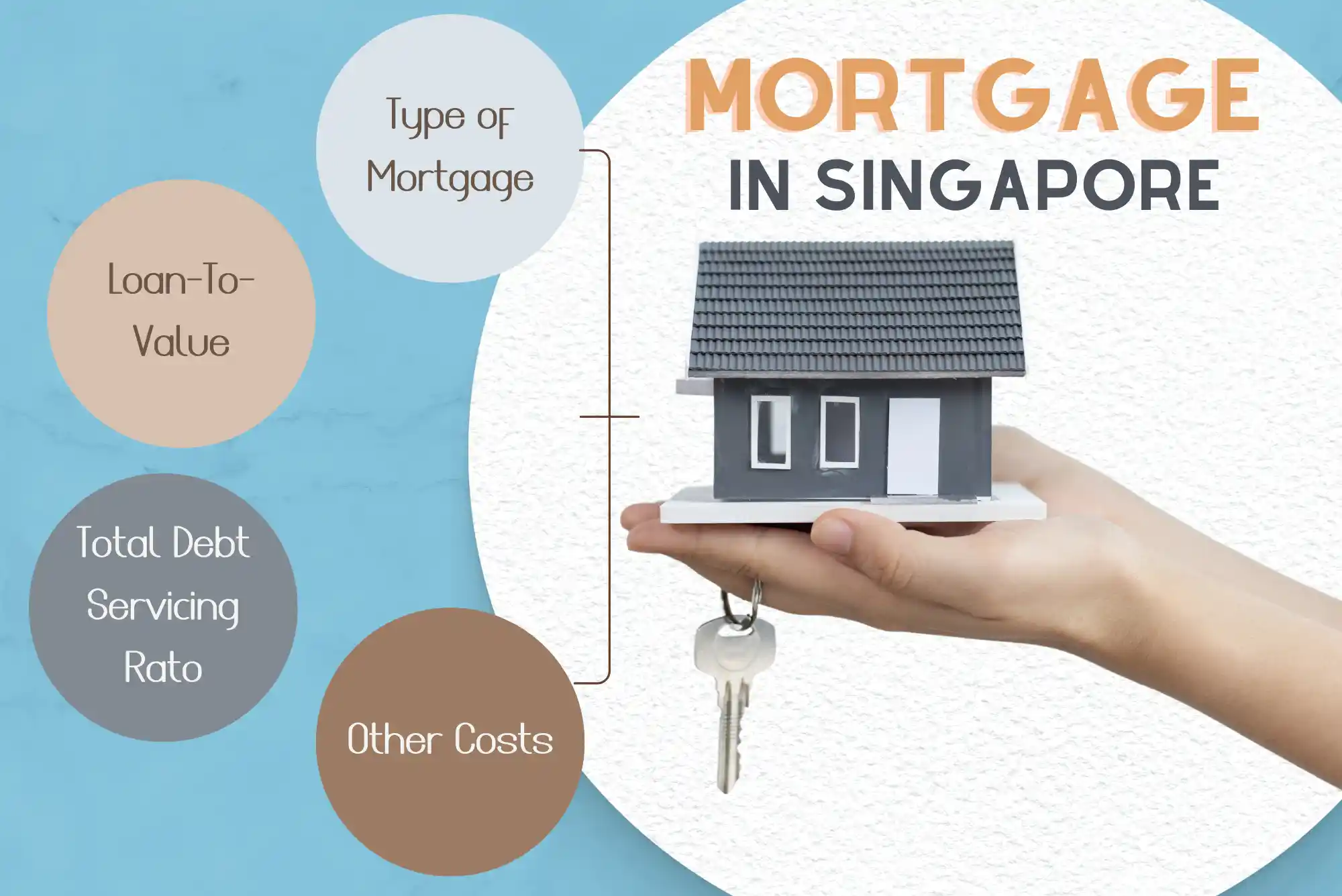Buying a home is one of the most significant financial decisions a person will make in their lifetime. For many Singaporeans, a mortgage, or housing loan, is a tool that makes this dream a reality. But with terms like HDB loans, private bank loans, fixed-rate, floating rate, SIBOR, and more floating around, the world of mortgages can seem daunting. This article aims to provide a comprehensive introduction to mortgages for Singaporeans.
What is a Mortgage?
A mortgage is essentially a loan specifically designed for purchasing property. When you take out a mortgage, the bank or financial institution lends you the money to buy a home, and in return, you promise to repay this loan over a set period, with interest.
Types of Mortgages in Singapore
HDB Loan
Exclusively for HDB flats, the Housing and Development Board (HDB) offers loans. The interest rate for HDB loans is pegged at 0.1% above the CPF Ordinary Account interest rate.
Bank Loan
For both HDB flats and private properties, most major banks in Singapore offer housing loans. Their interest rates can be competitive, but they also can fluctuate based on various factors.
Fixed Interest Rates
The interest rate remains constant for a set period (usually 1-5 years). This offers predictability in repayments.
Floating Interest Rates
The interest rate varies. It’s often pegged to a reference rate, like the Singapore Interbank Offered Rate (SIBOR). While there’s potential for lower interest rates, there’s also uncertainty in monthly repayments.
Down Payments and Loan-To-Value (LTV) Ratio
In Singapore, you can’t borrow 100% of your property’s price. There’s a required minimum down payment, and the rest is the loan amount, which is determined by the Loan-To-Value (LTV) ratio. For example, a first-time borrower may get an LTV of up to 75%; this means they can borrow up to 75% of the property’s price, and the remaining 25% must be paid as a down payment.
The Total Debt Servicing Ratio (TDSR) Framework
In Singapore, there’s a guideline to ensure borrowers don’t overextend themselves. The TDSR calculates the proportion of a borrower’s gross monthly income that can go towards servicing all monthly debt obligations, including the mortgage. Currently, the TDSR limit is set at 60% of your gross monthly income.
Benchmark Rates
Home loans in Singapore are often based on benchmark interest rates. Common ones include the Singapore Interbank Offered Rate (SIBOR) and the Swap Offer Rate (SOR). The choice between these rates and their durations (3-month, 6-month, or 12-month) can affect the stability of your interest rate. The new SORA will be introduced in 2024.
Loan Conditions
Be aware of conditions attached to the home loan, especially if you plan to refinance later. Consider factors like the lock-in period and any penalties for early refinancing. Some banks might offer benefits like free insurance or legal fee subsidies, but these might be clawed back if you refinance within the lock-in period.
Other Costs to Consider
Valuation Fees
A professional assessment to determine the property’s value.
Legal Fees
Engaging a lawyer for property conveyancing.
Stamp Duties
Including Buyer’s Stamp Duty (BSD) and, in some cases, Additional Buyer’s Stamp Duty (ABSD).
Home Insurance
Some banks may require an insurance policy on the property as collateral.
Government Assistance Programs
The Singapore government offers various schemes to assist Singaporeans, particularly first-time buyers. Programs like the HDB Concessionary Loan, CPF Housing Grants, and the Special CPF Housing Grant can provide financial relief and support for eligible Singaporeans.
Tips for Singaporeans When Choosing a Mortgage
Research and Compare
With various banks and financial institutions offering mortgages, it’s wise to shop around. Look at interest rates, but also consider other factors like the flexibility of the loan, pre-payment penalties, or customer service.
Understand the Fine Print
Terms and conditions, especially regarding interest rate changes or fees, should be thoroughly understood.
Review Periodically
Just because you’ve taken out a mortgage doesn’t mean you stick with it for the entire tenure. Periodically reviewing your mortgage might highlight opportunities for refinancing, especially if market conditions change.
Understanding mortgages in Singapore might seem complex, but it boils down to knowing your options, understanding your financial standing, and making informed choices. A property purchase is not just about the now; it’s a long-term commitment that requires foresight and planning. As always, when in doubt, consider seeking advice from financial advisors or professionals in the housing sector. With the right knowledge and preparation, the path to owning your dream home in Singapore becomes a lot clearer.




